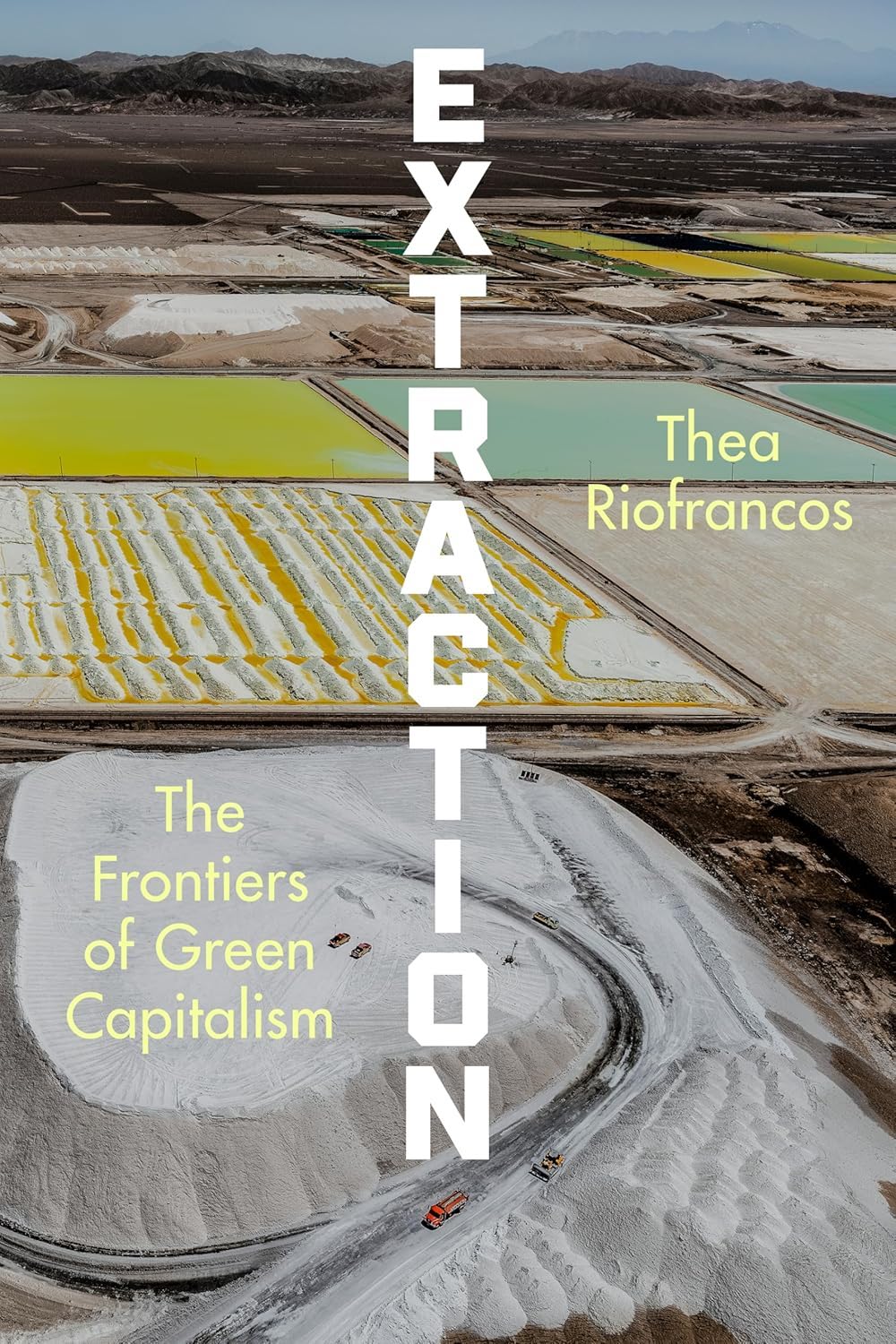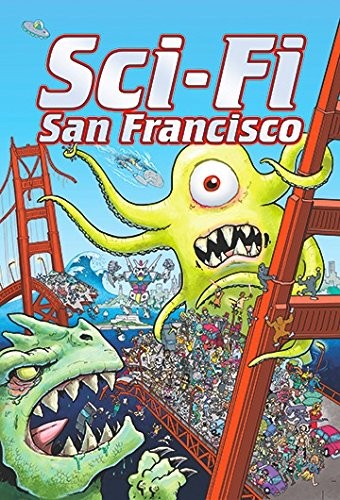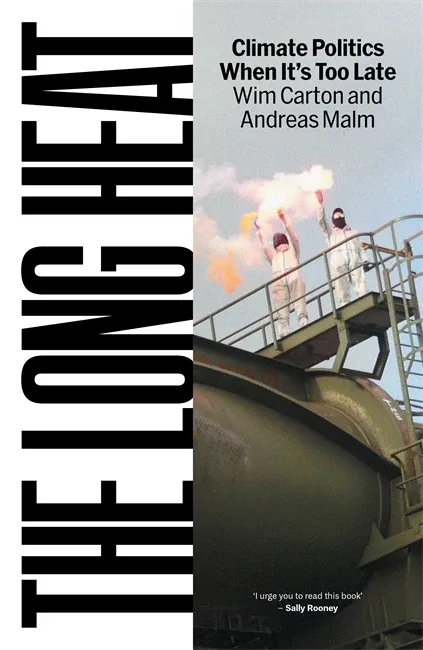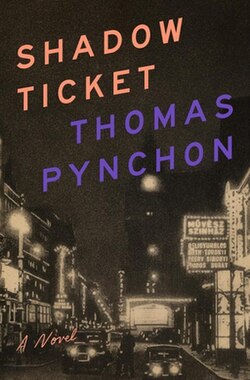@christen good book. I especially liked the two chapters that went to locales in the Global South to talk about how data centers are worsening local environmental quality and residents' lives, and how the ill-compensated labor of babysitting AI models is traumatizing workers.
@christen good book. I especially liked the two chapters that went to locales in the Global South to talk about how data centers are worsening local environmental quality and residents' lives, and how the ill-compensated labor of babysitting AI models is traumatizing workers.














